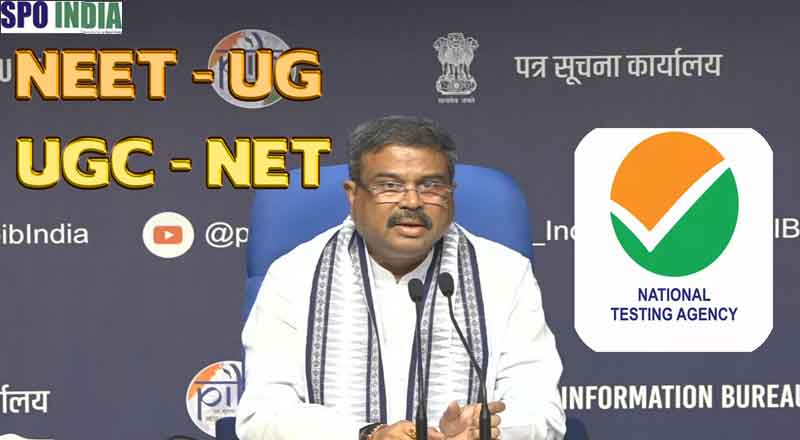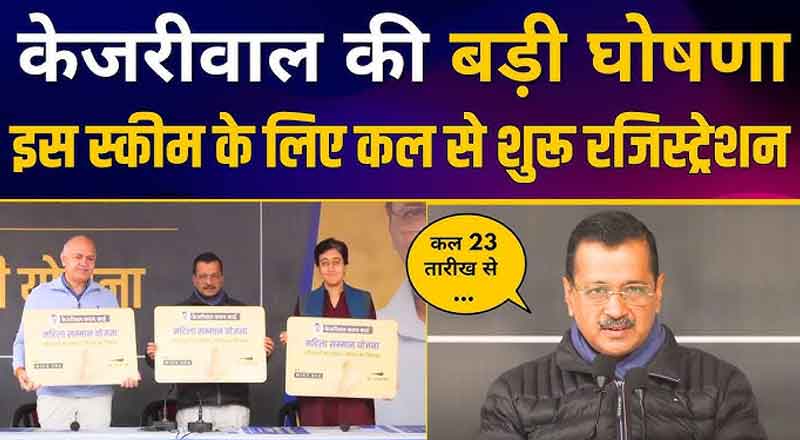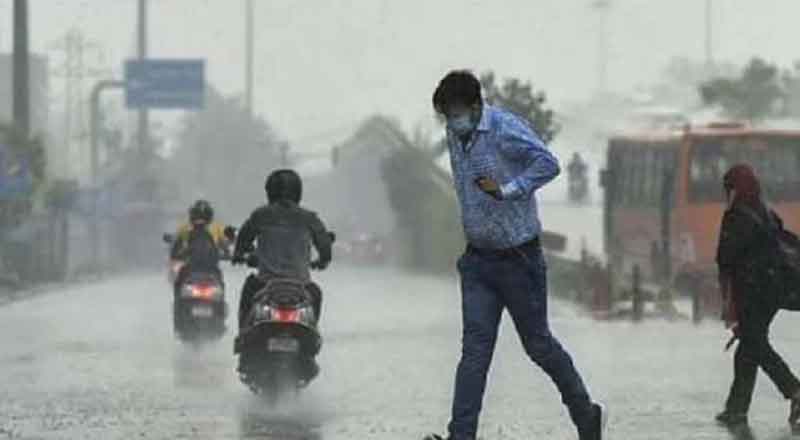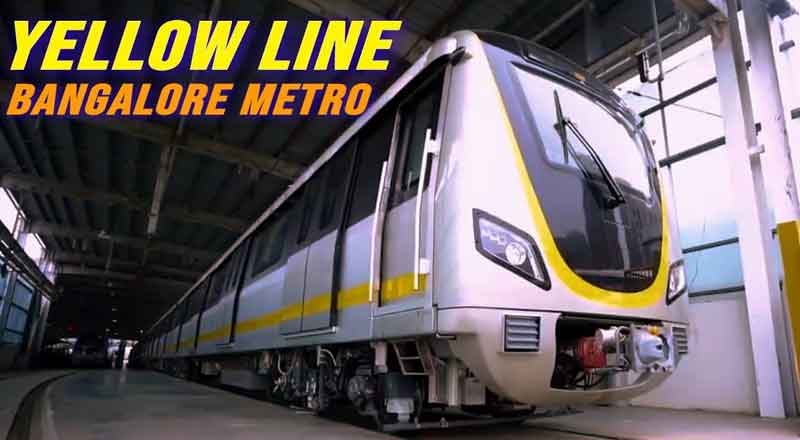- In response to widespread allegations of irregularities and paper leaks in two of India’s most critical examinations, the NTA has seen significant leadership changes.
- Subodh Kumar Singh, the former chief of NTA, has been removed from his position, and Pradeep Singh Kharola has been appointed as the new Director General.
- Over the past two months, the NTA has been embroiled in a significant controversy involving the NEET-UG and UGC-NET exams.
- In response to the growing outcry, the Ministry of Education has taken swift action to address the issues.
- The Ministry of Education has established a high-level committee tasked with overhauling the examination process and ensuring future transparency and fairness.
- The recent changes in the leadership of the NTA and the formation of a high-level committee signify a critical step towards restoring the integrity of the examination process in India.
In response to widespread allegations of irregularities and paper leaks in two of India’s most critical examinations, the National Eligibility-cum-Entrance Test-Undergraduate (NEET-UG) and the University Grants Commission-National Eligibility Test (UGC-NET), the National Testing Agency (NTA) has seen significant leadership changes. Subodh Kumar Singh, the former chief of NTA, has been removed from his position, and Pradeep Singh Kharola has been appointed as the new Director General.
Subodh Kumar Singh was removed from his role as the chief of NTA on Saturday night following severe criticism and allegations related to the recent NEET-UG and UGC-NET exams. Singh has been reassigned to a compulsory wait position in the Department of Personnel and Training. Until a permanent replacement is appointed, retired 1985 batch officer Pradeep Singh Kharola will serve as the acting Director General of NTA.
Over the past two months, the NTA has been embroiled in a significant controversy involving the NEET-UG and UGC-NET exams. These exams are crucial for students aspiring to enter medical fields and academia in India. Allegations of irregularities and paper leaks have led to nationwide protests by students, demanding transparency and accountability in the examination process.
In response to the growing outcry, the Ministry of Education, led by Union Education Minister Dharmendra Pradhan, has taken swift action to address the issues. Pradhan emphasized the government’s commitment to protecting students’ interests and maintaining transparency in the examination process. He reassured the public, stating, “We will not compromise on transparency. Students’ welfare is our priority.”
To prevent such incidents from recurring, the Ministry of Education has established a high-level committee tasked with overhauling the examination process and ensuring future transparency and fairness. The committee is composed of notable figures from various fields:
Dr. K. Radhakrishnan – Former ISRO Chief, appointed as the Head of the committee.
Dr. Randeep Guleria – Former Director of AIIMS Delhi.
B.J. Rao – Vice-Chancellor of the Central University of Hyderabad.
Aditya Mittal – Dean of Student Affairs at IIT Delhi.
Ramamurthy K. – Former Professor in the Civil Engineering Department of IIT Madras.
The committee is expected to provide recommendations within two months on how to improve the examination mechanism, enhance data security, and restructure the NTA to ensure a smooth and transparent testing system.
The Supreme Court of India has also intervened, issuing a notice to the NTA demanding explanations regarding the allegations. The Court has expressed strong disapproval of the lapses and demanded accountability from the agency. In connection with the paper leak scandal, four individuals have been arrested in Bihar, including Anurag Yadav, who is linked to the Rashtriya Janata Dal (RJD) leader Tejashwi Yadav.
The recent changes in the leadership of the NTA and the formation of a high-level committee signify a critical step towards restoring the integrity of the examination process in India. As the government and judicial bodies work together to address these issues, there is hope that future exams will be conducted in a fair and transparent manner, safeguarding the interests of millions of students across the country.
(With inputs from agencies)





